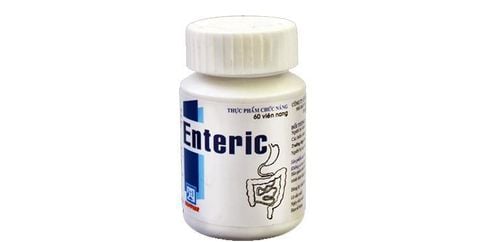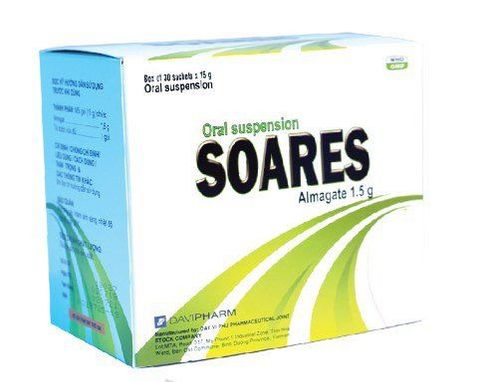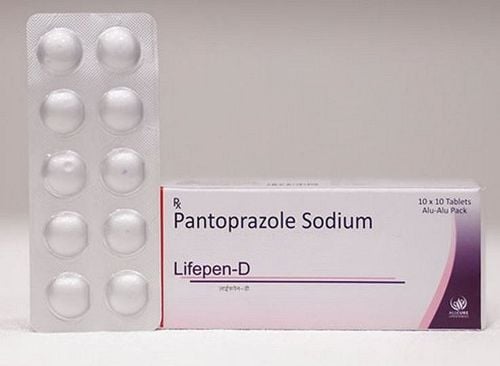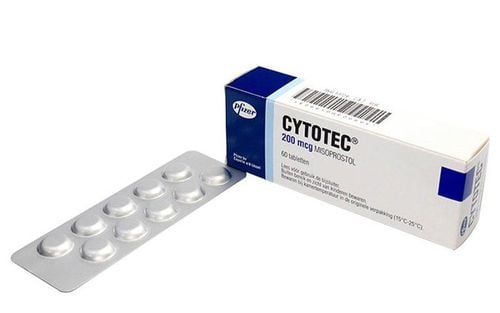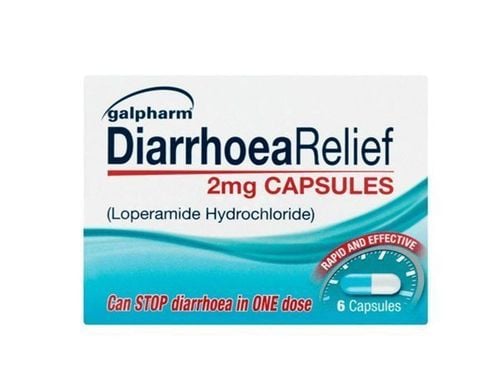This is an automatically translated article.
Zantagel 10ml is indicated for the treatment of diseases related to the gastrointestinal tract such as: stomach pain, indigestion in radiation therapy, poisoning with acids, alkalis or corrosive substances that cause bleeding. So what is the main use of Zantagel?1. What is Zantagel 10ml?
Zantagel is a 10ml suspension with three ingredients including Oxethazaine 20 mg, Magnesium hydroxide 196 mg, Aluminum hydroxide 582mg (equivalent to 291 mg aluminum oxide). Belongs to the group of anti-flatulence and anti-inflammatory drugs, regulating digestion.
Zantagel is often prescribed by doctors in the following cases:
Acute and chronic gastric and duodenal ulcers. Symptoms of increased gastric acid secretion (burning, heartburn, ...), irritable stomach syndrome. Gastroesophageal reflux disease (GERD) Acute and chronic pain in gastritis, gastric ulcer, duodenal ulcer, esophagitis. Burning sensation, heartburn, indigestion, hiccups. Medical stomach pain, indigestion in radiation therapy. Poisoning with acids, alkalis or corrosive substances causes bleeding.
2. Uses of Zantagel 10ml
2.1. Pharmacodynamics of Zantagel Suspension Zantagel suspension has three components: Magnesium hydroxide + Aluminum oxide + Oxethazaine. Oxethazaine is an anesthetic agent that acts directly on the gastrointestinal mucosa. This effect relieves the symptoms of stomach pain caused by diseases of the gastrointestinal tract such as peptic ulcer, gastritis and physical symptoms such as vomiting or stomach discomfort.
Oxethazaine + Aluminum oxide + Magnesium hydroxide suspension also contains Mg(OH)2 and AI(OH)3 which are substances that neutralize acid in the stomach and have a rapid antacid effect. The drug is especially effective in the treatment of gastritis and peptic ulcer.
Mechanism of action of Zantagel suspension:
Magnesium hydroxide and Aluminum hydroxide dissolve in gastric acid, releasing anions that play the role of neutralizing gastric acid, or buffering the action of gastric acids, but does not affect the production of gastric juice. Zantagel suspension reduces uncomfortable symptoms caused by increased stomach acid, reduces acid levels in the esophagus and inhibits the enzyme pepsin to digest protein, which is also a very important effect in patients with peptic ulcers. In addition, magnesium hydroxide also has a laxative effect, so it also reduces most of the constipation effect of aluminum hydroxide. Local anesthetic effect: According to research, the effect of oxetacaine on rabbit cornea as an inorganic drug Local sensitization is 500 times greater than that of cocaine and 400 times greater than that of procaine. The corneas of the study rabbits were anesthetized with 0.005% oxetacaine solution lasting for more than 4 hours. The results show that Oxetacaine maintains its anxiolytic effect even in a strongly acidic environment (pH 1-2). Inhibition of gastric secretion: The above clinical trials showed that the active ingredient Oxetacaine plays a significant role in inhibiting acetylcholine-dependent gastrin secretion. At the same time, Oxetacaine also reduces pentagastrin-dependent gastric secretion or when stimulated by food. When volunteers were given telemetry capsules to measure gastric pH in patients with peptic ulcers, the pH increased by more than 3 in each case after Take Polymigel + Oxetacaine orally within 1 hour. Inhibition of gastrointestinal motility: Clinical trials in mice showed that Oxetacaine inhibited spasms induced by barium chloride in intestinal isolates. The inhibitory effect of oxetacaine on intestinal motility was also observed in the case of barium chloride-induced spasms on the gastrointestinal tract of anesthetized dogs. 2.2. Pharmacokinetics of zantagel 10ml Oxethazaine: Oxethazaine is rapidly and extensively biotransformed, so the serum half-life is short. Less than 0.1% of oxethazaine was detected in the urine unchanged within 24 hours. The major metabolites of oxethazain are beta - hydroxy - mephentermine and beta - hydroxy - phentermine.
Dry aluminum hydroxide gel: Aluminum hydroxide dissolves slowly in the stomach and reacts with gastric hydrochloric acid to form aluminum chloride and water. In the small intestine, aluminum chloride is rapidly converted to an insoluble, poorly absorbed alkaline aluminum salt. Aluminum contained in antacids (except aluminum phosphate) combines with ingested phosphate to form aluminum phosphate, which is insoluble in the intestines and is eliminated in the feces.
Magnesium hydroxide: Magnesium hydroxide reacts with hydrochloric acid to form magnesium chloride and water. About 15 - 30% of the magnesium chloride produced is absorbed, then excreted in the urine in people with normal renal function. The remaining amount of magnesium hydroxide that has not been reacted to form magnesium chloride can be metabolized in the small intestine and is absorbed insignificantly.
2.3. Contraindications of the drug zantagel 10ml Zantagel is contraindicated in the following cases:
Allergy to any component of the suspension While using tetracycline antibiotics. Patients with symptoms of acute appendicitis, because the drug increases the risk of hernia or fistula because there are two components aluminum hydroxide causing constipation and magnesium hydroxide causing diarrhea. Patients with hypophosphatemia due to the aluminum salt component increases phosphate retention. Patients with severe renal impairment due to the suspension are at increased risk of hypermagnesium. Children under 6 years of age because of the risk of hypermagnesaemia or risk of aluminum toxicity, especially in those who are dehydrated or have renal failure. Pregnant and lactating women. Use with caution in patients with edema, congestive heart failure, cirrhotic patients, those on a low sodium diet, and with recent gastrointestinal bleeding.
Due to the side effects of the suspension causing dizziness, mental lethargy, caution should be exercised when driving, operating machinery or performing tasks requiring high concentration.
2.4. Side effects of the drug Zantagel 10ml The side effects of the drug for each individual are different due to each person's body, medical condition. However, common side effects such as
Constipation, diarrhea (due to two components are aluminum hydroxide and magnesium hydroxide) Abdominal bloating Dizziness, headache, drowsiness Skin rash, glossitis. Symptoms of phosphate deficiency, high doses can cause hypermagnesemia and decreased renal function, decreased taste, dry mouth. Inform your doctor if the above symptoms get worse.
3. How to use Zantagel pills effectively
Zantagel is a medicine that is prepared as an oral suspension, not a solution. Therefore, when using, the patient only needs to dissolve it with water and not let it clump. However, depending on the condition of the disease, the amount of water mixed with the drug in each person is often different. To ensure the correct mixing ratio between water and medicine, patients should carefully read the instructions before use or consult a doctor. To achieve high treatment results, patients should take 4 times a day. Drink about 1/2 to 1 pack each time.
Note: Zantagel is only allowed to be used in adults and children over 14 years old. Children under 14 years of age should not take this medicine. Because the side effects of the drug on children have not been clearly identified so far. Therefore, to minimize the risk, parents should contact the doctor directly before giving the medicine to their child. On the other hand, patients should also be very careful not to leave the mixed medicine for too long and then use it again. Because the ingredients contained in Zantagel can denature and cause unwanted reactions.
Please dial HOTLINE for more information or register for an appointment HERE. Download MyVinmec app to make appointments faster and to manage your bookings easily.




